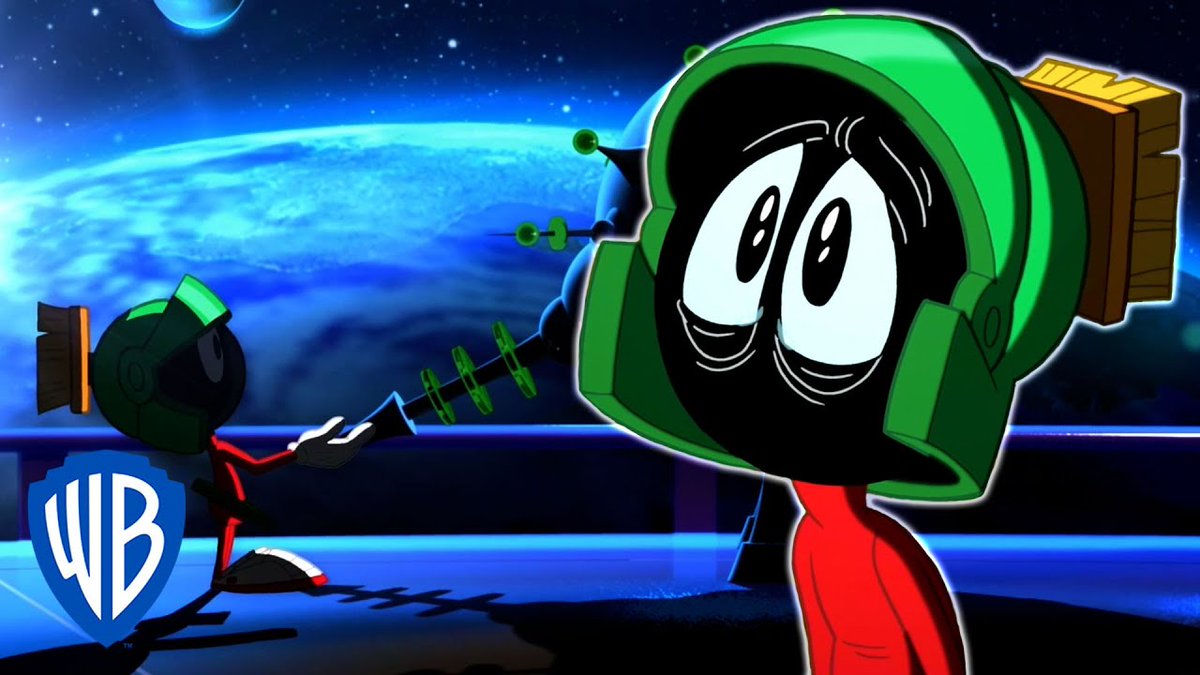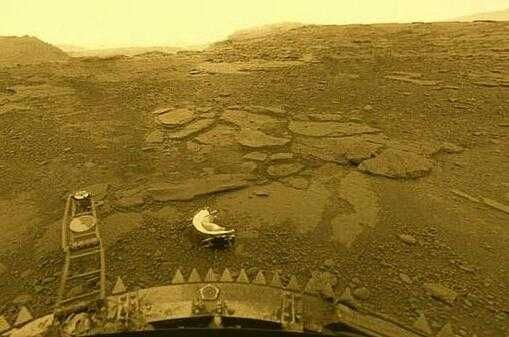
We continue our coverage of #BlackSpaceWeek with the #SpaceLawandOrder panel, featuring Micah Walter-Range, Julia Selman-Ayetey, @Ralph_LAWren87, and @YngGeorgeJetson, moderated by @knilirabaj!
Julia Selman-Ayetey is excited by the creativity featured in development of space law and the potential it holds for smaller countries (such as those in Latin America and the Caribbean) to get involved
Micah Walter-Range is excited about innovations in the space economy that are attempting to do something new, branching out and filling a new niche in the field
@Ralph_LAWren87 describing how he's excited about development of new space technology to monitor crises on Earth
Micah Walter-Range and @knilirabaj describing how we need space law and policy to provide oversight on the development of new space technologies and industries (from things like military development to space fashion)
Panelists describe how space manufacturing and materials science should be gaining traction in the next 10-15 years
@YngGeorgeJetson is especially excited about space policy surrounding settlements on the moon
@knilirabaj brings up the important question of the space industry potentially exacerbating inequities and furthering colonialist mindsets – how do we deal this moving forward?
Julia Selman-Ayetey highlights that there needs to be parity between various countries, both large and small, reaping the benefits of space industry and that there need to be more conversations around this issue
@YngGeorgeJetson and @knilirabaj discuss their concerns about potential for space conflict and how that could be connected to the issues we're currently facing around space debris
Micah Walter-Range makes an appeal for continued and increased representation in the development of space policy – he highlights that part of how we avoid some of the issues being discussed is by featuring previously-underrepresented voices in the conversation moving forward
@Ralph_LAWren87 describes the importance of recognizing how developments in space technology feed back into the situation here on Earth – e.g. how does the presence of a dark sky program in a developing nation help their economy (how do they see the benefits)
Julia Selman-Ayetey emphasizes Micah's point about representation, also mentioning that writing about space is another, potentially simpler, way to get involved with the development of thought around our space future
@knilirabaj bringing up the point that we need to consider whether we even have the right to inhabit other planets/objects in space – we need to recognize that these maybe aren't just rocks and evaluate how we discuss and approach space colonization
Micah Walter-Range and @Ralph_LAWren87 describe how anyone can get involved with space – space exploration isn't just limited to engineers and scientists, any and all skills are valuable, so it's important to go for it and bring whatever you know to the table
@YngGeorgeJetson highlights the importance of networking, especially for Black and Brown folks to get involved with space – it's useful to hear about the variety of backgrounds through which people have come to space and the opportunities that might be available to you
Julia Selman-Ayetey reminds us that Marvin the Martian is too often forgotten in our conversations around space 

@Ralph_LAWren87 takes a minute to highlight some of the hidden figures in space history – e.g. George Carruthers, an African-American physicist who developed the camera for the Apollo 16 mission
Micah Walter-Range and surprise guest, Prof. Michelle Hanlon, point out one of the gaps in our conversation around space policy – people need to be talking more about space finance
@knilirabaj highlights that just because there isn't work being done in any given space policy industry doesn't mean that it's not worth doing – the field is so open that a niche will form around virtually anything you might be interested in
Julia Selman-Ayetey describes how awareness of what is happening in the space industry is a simple, but important, way to increase engagement and get more diverse voices involved in the conversation
Prof. Michelle Hanlon highlights that even if you're not involved in space law directly, if you're involved in the technical space industry, it's still very important to continue the conversation, keeping people talking about our space future on the engineering side as well
@knilirabaj points out that even if you're involved with a specialized astro research project, you can evaluate your engagement with space law and policy by examining the broader impact of your work – thinking about why you're doing what you're doing and who you're doing it for
That's all for the #SpaceLawandOrder panel, but head over to the @BlackInAstro page to hear about space law programs at the space law open house at 4:30 pm EDT:
https://twitter.com/BlackInAstro/status/1538176721932910592?s=20&t=moIfsrzEMp0dDiUE7uGh-g
Join us again tomorrow for the #AstroWorld events and postdoc panel!
• • •
Missing some Tweet in this thread? You can try to
force a refresh




